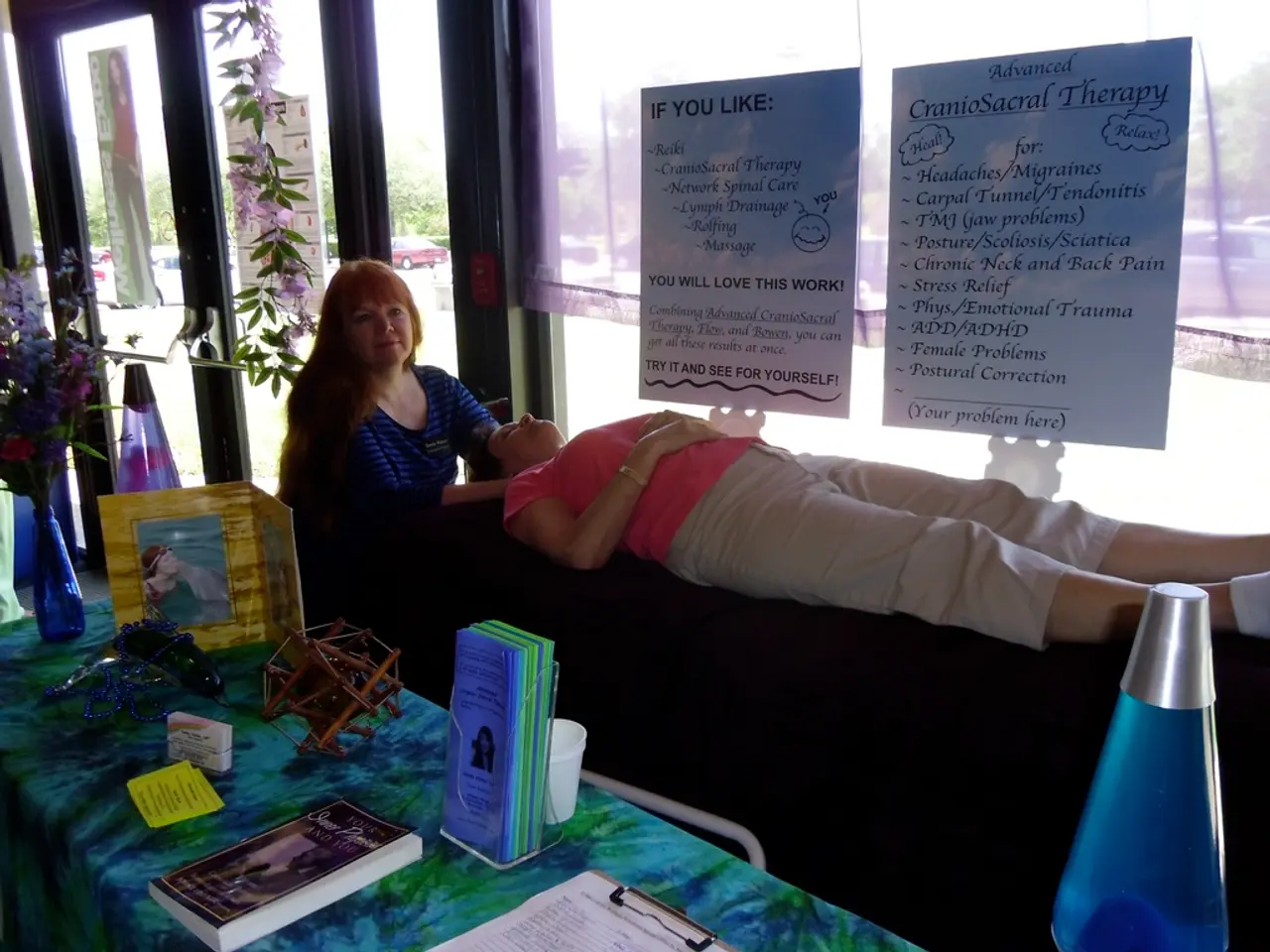Overcoming Internal Criticism - Practice Exercises for Challenging Cognitive Distortions
Challenging Cognitive Distortions: A Guide for Children and Older Adults
Cognitive distortions, irrational thoughts that can lead to misery, anxiety, and negative self-perceptions, are a common contributing factor to psychological problems such as anxiety, depression, and self-harm. These distortions can take various forms, including All-or-Nothing thinking, Overgeneralization, Mental filters, Discounting the positive, Jumping to conclusions, Magnification (catastrophizing) and minimizing, Emotional reasoning, "Should" statements, and others.
For children, effective methods for challenging cognitive distortions involve tailored adaptations of cognitive-behavioral interventions. Play therapy, using play as a medium to help children express and process emotions and thoughts in a safe environment, can facilitate identifying and reprocessing cognitive distortions indirectly. Trauma-Focused Cognitive Behavioral Therapy (TF-CBT), a specialized approach addressing trauma-related cognitive distortions, is another useful tool. Exposure therapy, where children are gradually and controlled exposed to feared situations, helps them challenge catastrophizing and avoidance-based distortions, promoting coping skills development. Simplified cognitive restructuring techniques, adjusted to fit children’s developmental stage, help them identify "untrue" or distorted thoughts and reframe them more realistically or positively.
Older adults, on the other hand, might benefit from structured discussions, reframing, mindfulness, and behavioral activation adapted to their needs. Cognitive restructuring, identifying and challenging negative automatic thoughts and cognitive distortions, is a key approach. Reframing negative thoughts, helping older adults reinterpret negative beliefs in a more neutral or positive light, is also beneficial. Mindfulness and self-monitoring, teaching present-moment awareness and tracking thoughts/feelings, can increase recognition of distortions and reduce emotional reactivity. Skills training and behavioral activation, enhancing problem-solving, coping strategies, and engagement in meaningful activities, can counteract avoidance and improve mood, indirectly reducing cognitive distortions.
In both cases, persistence and dedication are crucial for achieving positive change. Discussing your thoughts with others can provide valuable insights and alternative perspectives, facilitating a more balanced understanding of situations. Recordings of important information and conclusions from cognitive restructuring, as well as phone prompts or alarms, can be used to remind patients to carry out therapeutic measures.
The ABCs exercise, assessing the situation, believing it or not, and checking the facts to ground thinking in reality, can be a helpful tool. Keeping a thought diary where you jot down thoughts and feelings can help pinpoint patterns in thinking. The RAIN technique, recognizing, accepting, investigating, and negating cognitive distortions, can also be beneficial.
Remember, challenging cognitive distortions requires patience with oneself, consistent practice, and, if needed, seeking professional help or joining a support group. Asking oneself if a thought is based on facts or assumptions can help challenge the validity of thoughts. Considering different outcomes and possibilities through the "What If?" exercise can broaden perspective, reducing the impact of all-or-nothing thinking and catastrophic predictions. For older adults, modifying cognitive distortions might take longer due to strengthened dysfunctional beliefs over time. To accommodate for a decline in fluid intelligence, presenting new information in the context of previous experiences can help promote learning.
Reach out to professionals, support groups, or online communities for guidance and encouragement. Together, we can work towards a more balanced and positive outlook on life.
- Neuroplasticity, the brain's ability to reorganize and adapt, plays a crucial role in our mental health, particularly in challenging cognitive distortions.
- Emotional well-being and mental health can be significantly improved by effectively addressing cognitive distortions, which are common in conditions such as anxiety and depression.
- Mindfulness and self-monitoring are helpful techniques for older adults struggling with cognitive distortions, fostering present-moment awareness and reducing emotional reactivity.
- Science continues to uncover various therapeutic approaches to combat cognitive distortions, such as play therapy for children and Trauma-Focused Cognitive Behavioral Therapy (TF-CBT) for adults dealing with trauma.
- Health-and-wellness and mental-health professionals offer guidance and support for individuals seeking to challenge cognitive distortions and maintain emotional well-being.
- The process of challenging cognitive distortions involves persistence, patience, and self-reflection, as well as seeking professional help when needed, to ultimately achieve a balanced and positive mindset.




